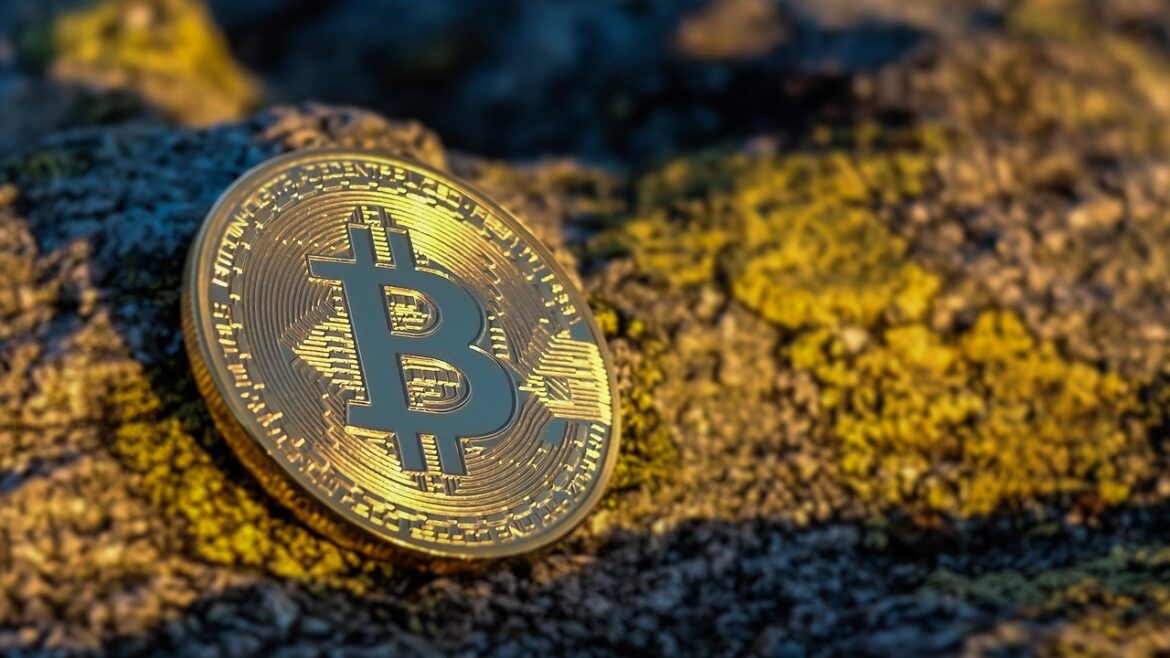Key takeaways:
Solana fell to $192 on Thursday, erasing its entire rally to $253 in under a week.
A spot ETF ruling on Oct. 10 could unlock deeper institutional flows.
SOL’s RSI setup signals a potential short-term bottom despite the altcoin’s broader correction.
Solana (SOL) slipped below the $200 mark on Thursday, erasing its recent rally to an eight-month high of $253. The 19% dip that unfolded in a week has rattled market momentum and raised questions about near-term strength.
SOL one-day chart. Source: Cointelegraph/TradingView
Yet, a looming catalyst may change the narrative. Grayscale’s spot SOL exchange-traded fund (ETF) faces its first approval deadline on Oct. 10, a decision that could determine whether institutional capital flows begin to support SOL in a way similar to BTC and ETH over the past year.
While the REX Osprey Staking SOL ETF, launched in July, offers spot exposure, its structure is less significant than a pure spot product. A Grayscale spot ETF would allow for more direct institutional participation, potentially unlocking deeper liquidity and broader adoption.
That decision is only the first in a series of rulings. The US Securities and Exchange Commission (SEC) is set to review five other applications, with a final deadline on Oct. 16, 2025, including proposals from Bitwise, 21Shares, VanEck, Grayscale, and Canary. Collectively, the lineup underscored the growing institutional interest in bringing SOL into mainstream investment vehicles.
Market participation in Solana, Ether, and Bitcoin. Source: Pantera Capital/X
Supporters argue the timing could be pivotal. Asset managers at Pantera Capital recently called SOL “next in line for its institutional moment,” citing under-allocation relative to BTC and ETH. While institutions hold around 16% of Bitcoin and 7% of Ether, less than 1% of SOL’s supply is institutionally owned. Pantera Capital suggested that a spot ETF could accelerate adoption, especially as companies like Stripe and PayPal expand their integrations with Solana.
Still, not all indicators point to an imminent breakout. Prediction markets platform Polymarket currently assigns just a 41% probability of SOL reaching a new all-time high in 2025. That implied lingering caution even as ETF speculation intensifies.
SOL all-time high odds for 2025. Source: Polymarket
Related: Australian fitness firm tanks 21% on Solana treasury gamble
Price indicator with an 80% hit rate signals SOL bottom
SOL’s price action has displayed remarkable volatility over the past three weeks. The token rallied to $253 from $200 in just 12 days, but a rapid reversal highlighted weakening short-term momentum, with sellers reclaiming ground faster than buyers had established it.
SOL one-day chart. Source: Cointelegraph/TradingView
However, on higher timeframes, the broader trend remains constructive. SOL continues to form a pattern of higher highs and higher lows, keeping the daily structure bullish. The current correction is unfolding within the first major demand zone or order block between $200 and $185, which also overlaps with the 0.50–0.618 Fibonacci retracement band, a region often watched for technical bounces. Holding this zone would reinforce the uptrend and potentially reset momentum.
Losing the $185 level would shift attention to the next order block between $170 and $156. While such a move would not immediately flip the daily chart bearish, it would significantly weaken trend strength and likely invite deeper selling pressure.
On the intraday side, the four-hour chart is showing signs of sellers’ exhaustion. The Relative Strength Index (RSI) has again dipped below 30, a level that historically signaled bottoms or higher lows for SOL.
Since April 2025, this setup has occurred five times, and on four of those occasions, SOL posted swift recoveries. If the pattern repeats, short-term relief could follow, as the higher timeframe correction plays out.
SOL four-hour chart and RSI bottom analysis. Source: Cointelegraph/TradingView
Related: Solana open interest hits record 72M SOL, but why is price falling?
This article does not contain investment advice or recommendations. Every investment and trading move involves risk, and readers should conduct their own research when making a decision.





